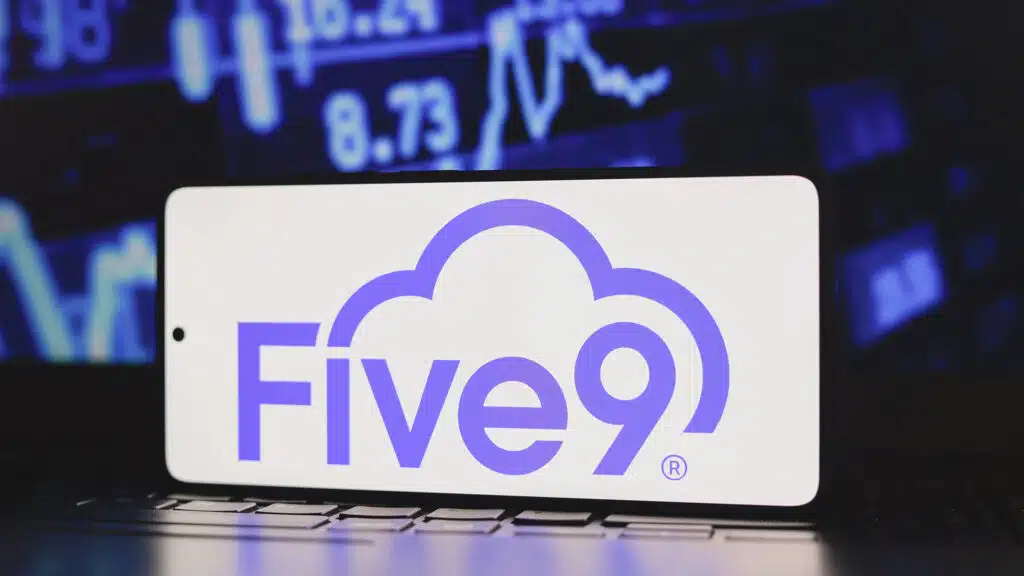Organizations in a variety of industries from manufacturing to healthcare have embraced the Internet of Things (IoT). But driving innovation and gaining a competitive advantage require more than just connecting devices and gathering data. Without Artificial Intelligence (AI) capabilities, IoT devices and the data they produce would have limited value. And AI applications would struggle for relevancy without the massive amount of data that IoT devices create.
The full power and potential of the IoT is unlocked when organizations tap into the data collected and put those insights to use. AI and the IoT are the perfect example of two technologies that complement one other and should forever be linked.
When combined, the Artificial Intelligence of Things (AIoT) gives brands the potential to improve operational efficiencies and make real-time decisions that ultimately impact and improve the customer experience — the ultimate goal in digital transformation.
The AIoT is a powerful tool that is slowly gaining popularity, which is why the team at SAS, a leader in analytics technology, put together a helpful guide — SAS and the Artificial Intelligence of Things (AIoT) — to offer a better understanding of this technology.
When you browse this resource, you’ll learn the basics of the AIoT and some interesting facts and figures about the technology that can help you gain a competitive edge. You’ll also learn:
- Expert predictions about the profitability of projects that involve the AIoT
- How companies can use the AIoT to improve their services including real-world use cases
- How AI and IoT work together to accelerate digital transformation
- Other technologies that are benefiting from the AIoT
- The unique SAS perspective on the AIoT
If you want learn more about how the AIoT can benefit your organization and your industry, start by reading this guide SAS and the Artificial Intelligence of Things (AIoT) today!
Futurum Research provides industry research and analysis. These columns are for educational purposes only and should not be considered in any way investment advice.
Author Information
Shelly Kramer is a serial entrepreneur with a technology-centric focus. She has worked alongside some of the world’s largest brands to embrace disruption and spur innovation, understand and address the realities of the connected customer, and help navigate the process of digital transformation.






